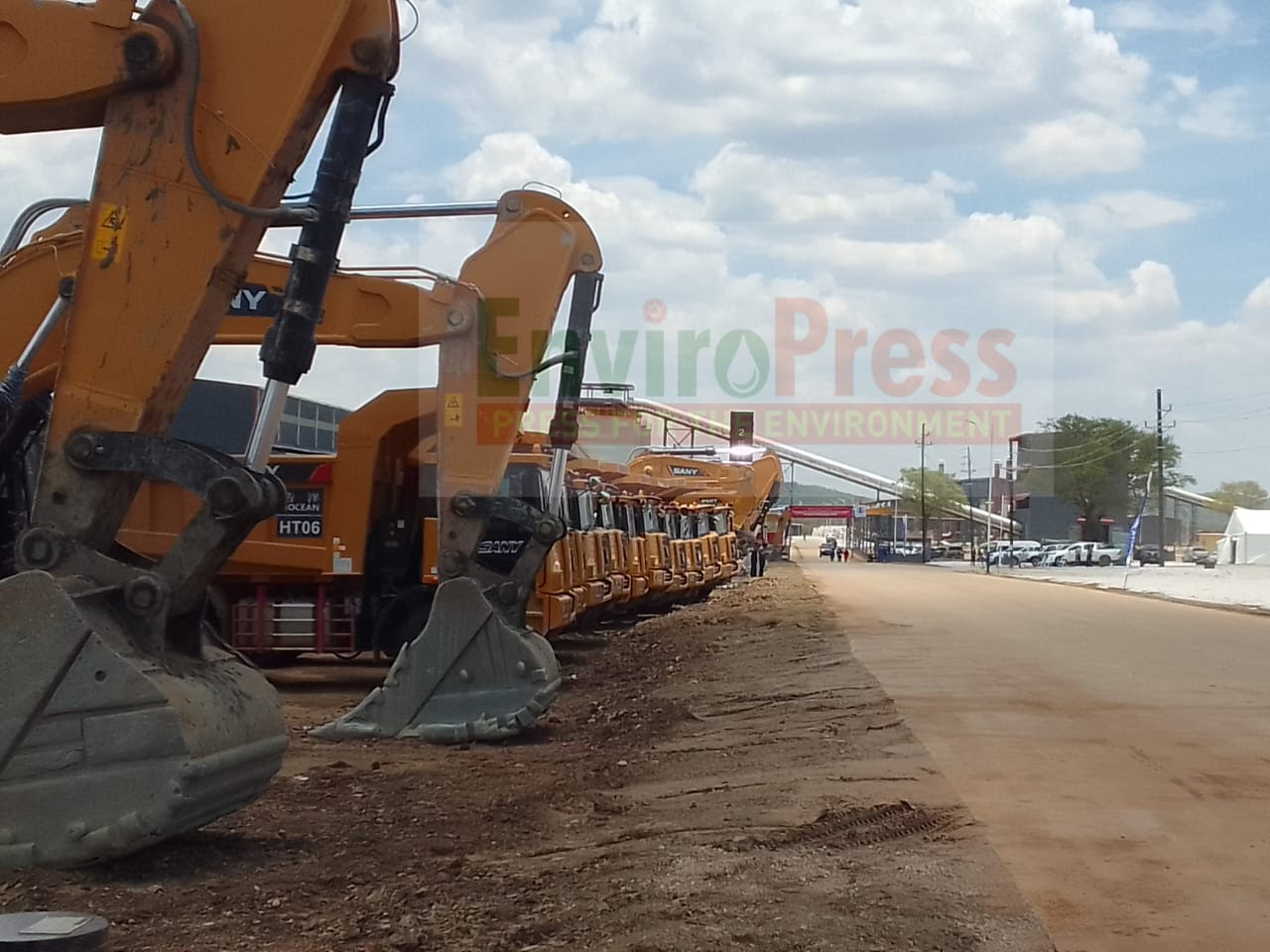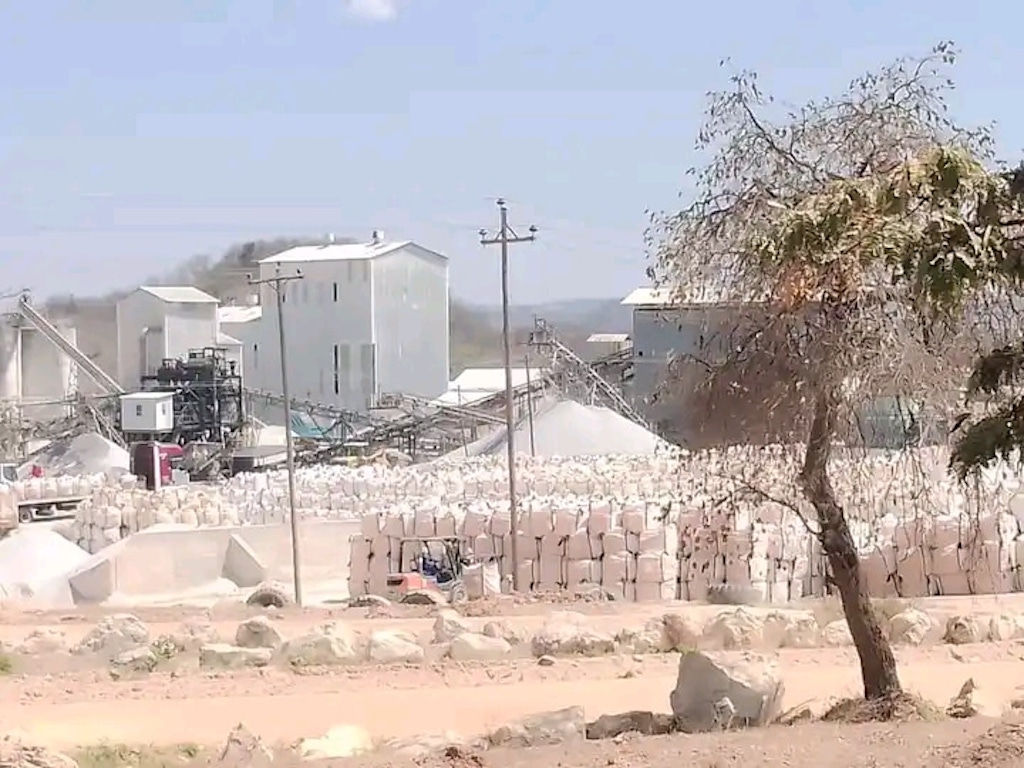Anthony Muzondo
Zimbabwe will soon be able to add greater value to its vast lithium resources if indications by government are anything to go by, EnviroPress can report.
Shortly after the opening of the Forum on China-Africa Cooperation (FOCAC) in Beijing recently, the Deputy Chief Secretary to the President and Cabinet in Charge of Presidential Communications, George Charamba, posted on social media that a Chinese company would soon build a new lithium ‘smelter’ in Zimbabwe.
FOCAC, a platform established in year 2000 to promote trade, investment and cooperation between China and African countries, holds a summit once every three years.
Zimbabwe has vast lithium deposits that are being exploited largely by Chinese companies in Bikita, Mberengwa and Goromonzi districts of Masvingo, Midlands and Mashonaland East provinces respectively.
“Soon after Opening of FOCAC, His Excellency the President, Dr. E.D. Mnangagwa met with the owners of Bikita Minerals who announced USD500 million investment of a lithium smelter to be sited in Masvingo City, closer to Lake Mutirikwi. Zimbabwe’s ambition is to move towards value-adding of her lithium resource,” Charamba on X on September 05, 2024. (Click here to read the post).
The post was accompanied by a picture of Mnangagwa, accompanied by some of his ministers, greeting two Chinese men one of whom appeared to be Pingwei Wang, the Sino Mine Resource Group Board Chairperson.
Bikita Minerals has been 100 percent owned by Shenzhen-listed Sino Mine Resource Group since January 2022 after it was bought from its then majority German shareholder in a deal worth US$180 million.
The company currently ships out petalite and spodumene concentrates which are effectively crushed lithium ores with no value added to them beyond the milling.
In 2023, the government warned that it would soon ban the export of lithium concentrates to force companies to process carbonates, which are a notch up the lithium value-addition process.
Lithium is a critical mineral used in solar panel technology and batteries for electric vehicles. Major economies of the world seek to control lithium supply chains to put themselves at a vantage point in transforming their economies and reducing their carbon foot print.
Several companies have invested in the Zimbabw lithium industry, and these include Zhejiang Huayou Cobalt, Sinomine Resource Group, and Chengxin Lithium Group.








